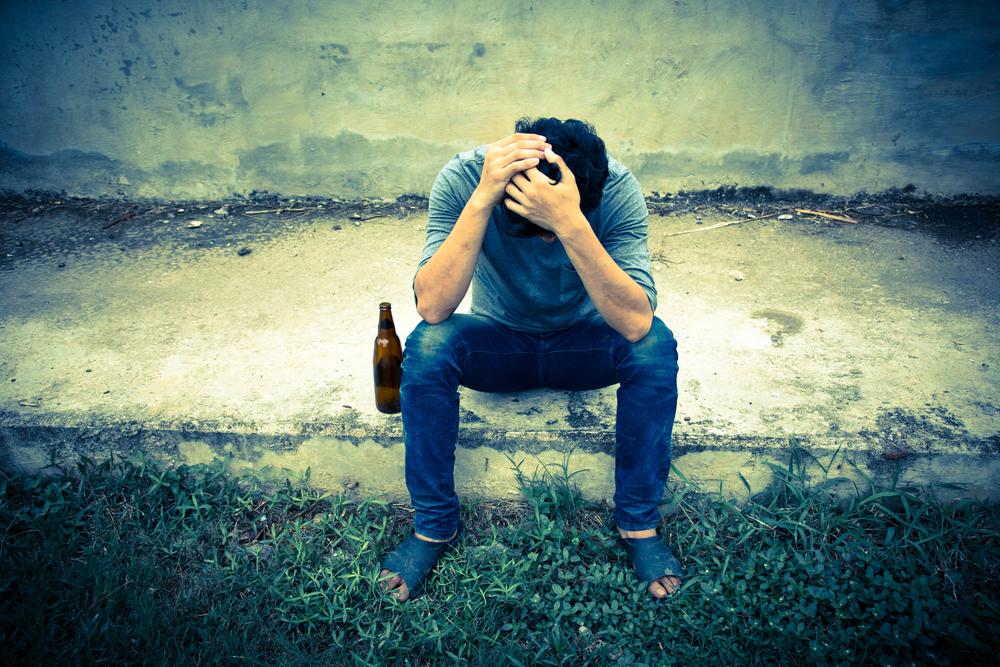We naturally want to feel good. But what happens when our favorite method of stress relief becomes destructive?
Serious addictions take an undeniable toll both physically and mentally. But according to Lisa Boucher, author of “Raising the Bottom: Making Mindful Choices in a Drinking Culture,” the 2017 winner of the Best Book Award for women’s health, people often overlook the true root of addictive behavior: a wounded spirit.






